On 20–21 January 2025, the official kick-off meeting of the SymbioTech project – The European Alliance for Advancing Circular Economy via Digital Industrial Symbiosis – took place in Krakow, Poland, hosted by AGH University of Krakow.
Funded by the Erasmus+ Programme, SymbioTech brings together 11 organisations from Poland, Italy, Austria, Greece, the Netherlands, Denmark, Norway, the Czech Republic, Bulgaria, Slovenia, and Slovakia. The consortium combines the expertise of universities, vocational training providers, SMEs, business support organisations, and public bodies to accelerate Europe’s transition towards a digital circular economy.
The project’s mission is to integrate digital technologies such as artificial intelligence, blockchain, and cloud solutions into Industrial Symbiosis (IS) – the practice of using waste, energy, and by-products from one industry as resources for another. By training a new profile of professionals – the SymbioTech Managers – and developing innovative curricula, micro-trainings, and digital platforms, the project will boost skills, resource efficiency, and sustainability across Europe.
During the Krakow meeting, partners presented their organisations, discussed the current state of Industrial Symbiosis in their countries, and defined the first steps for the project’s six work packages. Topics included project management, quality assurance, communication and dissemination, and the design of digital tools to support SMEs in adopting greener business models.
The meeting marked a crucial step in shaping a joint European vision for Digital Industrial Symbiosis. It reinforced the partners’ shared commitment to advancing sustainability, innovation, and skills development in line with the European Green Deal and the Circular Economy Action Plan.
--900.jpg)
--350.jpg)
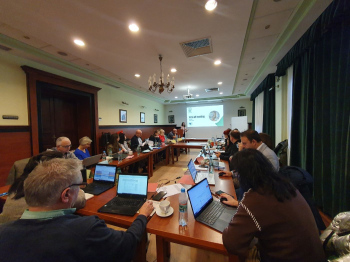
--350.jpg)
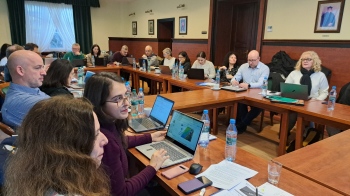
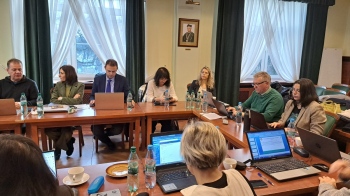
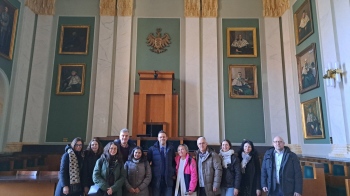
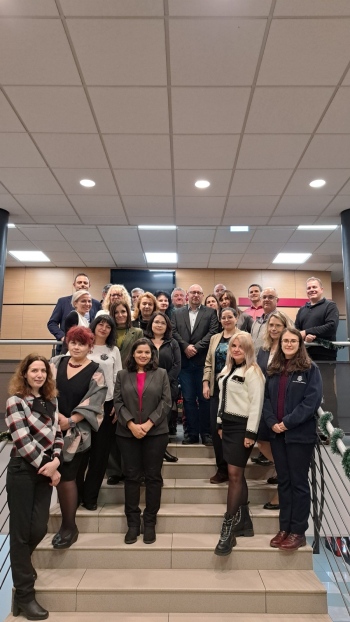
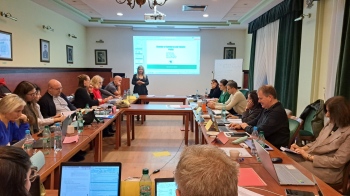
 Funded by the European Union. Views and opinions expressed are however those of the author(s) only and do not necessarily reflect those of the European Union or the European Education and Culture Executive Agency (EACEA). Neither the European Union nor the granting authority can be held responsible for them.
Funded by the European Union. Views and opinions expressed are however those of the author(s) only and do not necessarily reflect those of the European Union or the European Education and Culture Executive Agency (EACEA). Neither the European Union nor the granting authority can be held responsible for them.